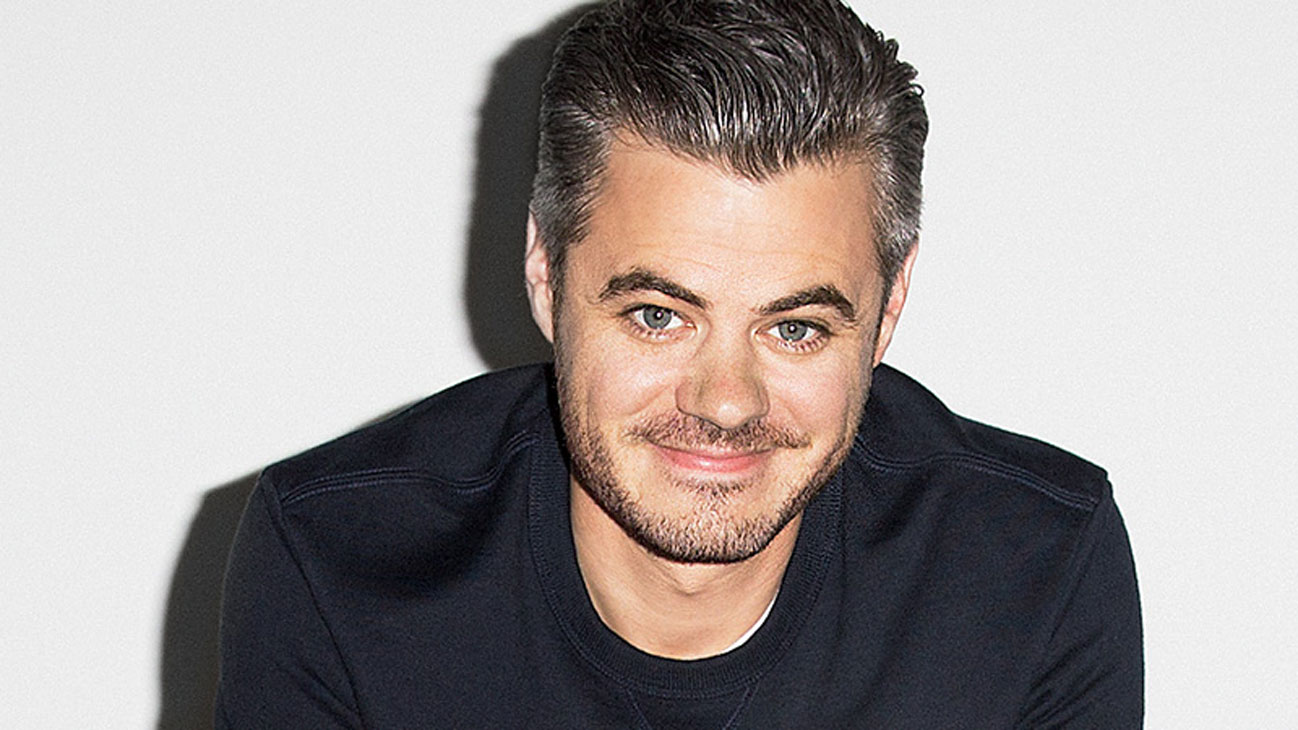Scott Harrison is the founder and CEO of charity: water, a non-profit organization bringing clean, safe drinking water to people in developing nations. In seven years, with the help of more than 400,000 donors worldwide, charity: water has raised over $100 million and funded over 8,000 water projects in 20 countries. When completed, those projects will provide over three million people with clean, safe drinking water. Inc.com takes a look at how Scott inspires people to support his cause:
Be forewarned: In any Scott Harrison speech, there will be a moment when you will cry. The moments vary for different people, of course, but one bout of weeping seems to be the minimum.
Most can’t make it all the way through the Rachel Beckwith story: The little girl gives up her birthday presents to raise $300 for clean water in Ethiopia, but falls short. A month later, she loses her life in an auto wreck. Her family rallies her community and people everywhere–and they raise $1.2 million. Then, Harrison plays the video of Rachel’s mother being welcomed by singing, happy Ethiopian villagers, the ones Rachel saved, and then the crew starts the drilling and the clear water splashes over everyone, and then, oh, boy; here we go; I’m crying watching this speech in this stupid auditorium.
Scott Harrison runs charity: water, a nonprofit organization that provides money to local charities that drill wells and install water-filtration systems in the developing world. Harrison’s business is telling stories that pull at people’s heartstrings and then their purse strings. He is very good at it: Since he founded charity: water in 2007, he has raised more than $100 million for the cause.
Among entrepreneurs, Harrison is a role model for how to make people believe in you. “He’s completely rethought several pieces of the marketing puzzle,” says Brian Halligan, CEO of HubSpot, a marketing software company that invited Harrison to tell his organization’s story before 5,000 people at a conference in August. “There wasn’t a dry eye in there.” Charity: water raised more than $60,000 at the event. How does Harrison do it? Here are his tips for winning over an audience.
Get Personal
In every charity: water talk, Harrison begins by recounting his early life: how he grew up in a loving family but then lost his way when he moved to New York City, found booze and drugs, and became a nightclub promoter. Sitting in charity: water’s New York City office, which is bustling at 8 o’clock on a summer evening, Harrison acknowledges that, as much as he regrets those years, promoting parties taught him a valuable skill. Because he paid attention to what got people having fun, he says, “I knew how to get people excited about a story.”
Be Visual
Another key to Harrison’s success is visual storytelling, something he learned about after he quit the nightlife business and spent a year volunteering on a hospital ship bound for Liberia, where he took pictures of patients before and after dramatic facial surgeries. When he returned to New York City, he put together a gallery exhibit and raised money for Mercy Ships, the charity that ran the boat. These days, when he’s onstage promoting charity: water, he uses pictures and videos to illustrate the story, making it feel immediate and real. Later, he provides major donors and fundraisers with photos and GPS coordinates of wells they helped fund.
Make It Easy to Say Yes
Harrison emphasizes that small donations can have a big impact. In 2007, the first charity: water fundraiser was for his 31st birthday. (He raised $17,000.) The next year, for his 32nd birthday, he asked people to stay home and donate $32. (He raised $59,000.) Now, this simple call to action–give up your birthday and ask people to donate your age in dollars–is one he proposes at the end of most speeches. “It’s a great jujitsu marketing trick,” Halligan says. “He doesn’t say, ‘We need to raise $100,000 for this campaign.’ Instead, he explains how a small amount will make a huge, specific change in a few people’s lives.”
Know Your Audience
Raising money for water projects was the easy part. For a while, Harrison wasn’t raising enough money to cover operations. At one point, he was five weeks away from missing payroll. Then, Michael Birch, co-founder of the social network Bebo, donated $1 million to fund operations. That’s when Harrison realized that wealthier private donors liked the idea of funding the charity’s business side. “People are open to a lot of value propositions. They just want to know where their money is going,” he says. PopCap co-founder John Vechey, who has agreed to donate $3 million to charity: water’s operations, says it felt almost like a venture capital investment. “I felt like I spent money to hire smart people, who will do exciting new things and reach way more people,” Vechey says. That’s a story wealthy donors, especially entrepreneurs, love to get behind.

